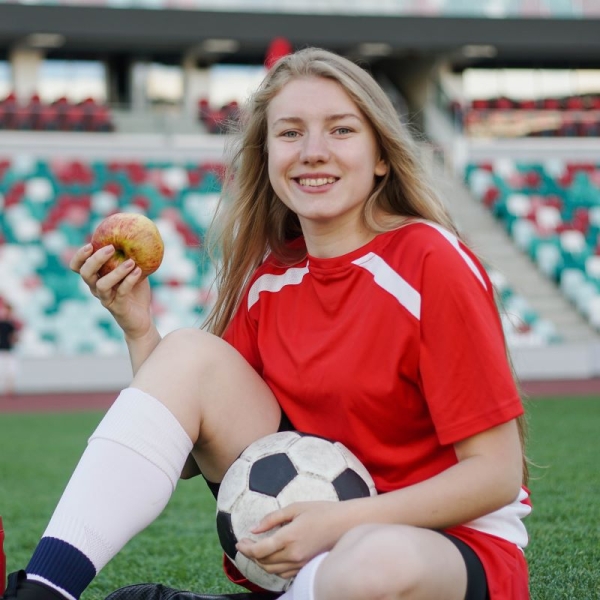17 Sep 2024 — The Sports Nutrition Assessment for Consultation (SNAC) survey developed by the University of Texas Southwestern (UTSW) and the Scottish Rite for Children, both based in Dallas, Texas, US offers a unique insight into young athletes’ understanding of the importance of nutrition for their recovery. Many, especially the boys, indicate their enthusiasm to learn more.
The SNAC survey was developed as part of a recently published study looking into the nutrition risk factors for youth athletes (aged eight to 18) who had undergone a lower extremity surgery.
Nutrition Insight discusses the SNAC survey results and the broader study findings with two of the authors at the Scottish Rite for Children: Dr. Henry Ellis, associate professor of orthopedic surgery at UTSW, medical director of clinical research and program director for the Sports Medicine Fellowship and Dr. Sophia Ulman, assistant professor of orthopedic surgery at UTSW and director of the Movement Science Laboratory.
“Our study team was particularly surprised by the large percentage of patients that indicated a desire to better understand nutrition to support their recovery and subsequent performance in sport,” Ellis and Ulman state.
“Yet, a majority of patients that were identified as potentially needing a consultation with a dietician declined the consultation predominantly due to it not pertaining to them or them perceiving that they did not need further education.”
Need for more awareness
For this study published in Nutrients, the research team asked 477 patients of the selected cohort questions regarding their desire to better understand nutrition for recovery, whether they regularly skip at least one meal a day, food allergies, their changes in appetite or weight, pressures linked to their bodies, dizziness or fatigue while playing and history of stress fractures.
“The clinical team identified a gap in care regarding systematically addressing nutrition-related risk factors during rehabilitation and beyond treatment,” the authors explain.
Ellis and Ulman discuss potential reasons as to why such a high percentage of young athletes are unaware of the importance of proper nutrition in recovery despite its proven benefits.

The study team was surprised by the large percentage of patients who want to better understand nutrition to support recovery.“With the ultra-high demands on youth athletes in today’s world, we have not been successful in educating them on the importance of nutritional balance with training expectations,” they highlight.
“Persistent education is not enough — we need to be better about influencing youth athletes and their team, coaches, trainers, friends and parents.”
They assert that the key implication to have come from the study is that there is a need for greater awareness. “We need leaders in the youth sports world to advocate and partner with us to promote safe and healthy athletic development and recovery.”
Gender-specific differences
Ellis and Ulman say that they did not identify any age differences in nutrition-specific risk factors.
“However, males were more likely to report that they wished they had a better understanding of their nutrition for their recovery and that they had experienced a recent change in their weight.”
“Alternatively, females were more likely to report struggling with dizziness or fatigue during training.”
The researchers explain that the types of sports the participants played professionally were not investigated.
“This is definitely an interest of our study team as we recognize that different sports and athletes have unique nutritional needs and demands,” they stress
Injury-specific differences
The two respondents further explain that while they have not investigated nutrition-specific risk factors across different sports, they “have published a secondary study investigating differences in these risk factors between anterior cruciate ligament reconstruction (ACLR) and non-ACLR patients.”
The anterior cruciate ligament is part of the human knee. “The post-ACLR patients more often reported a change in appetite, recent weight changes, a desire to better understand nutrition and recommendations to change their body composition.”
“More post-ACLR patients were identified for a nutrition consultation, though an equal percentage accepted the consultation between groups,” they say, pointing to another one of their studies conducted using data collected through the SNAC survey. This article was published in Nutrients in June and titled “Greater ost-Operative Nutrition Risks Identified in Pediatric and Adolescent Patients after Anterior Cruciate Ligament Reconstruction Regardless of Age and Sex.”
The study finds: “The post-ACLR patients more often reported nutrition risks, specifically weight-related issues, regardless of age or sex. Sports surgeons should regularly inquire about nutrition-related concerns with patients and refer to sports dietitians for recovery nutrition support as needed, particularly after ACLR.”
By Milana Nikolova

